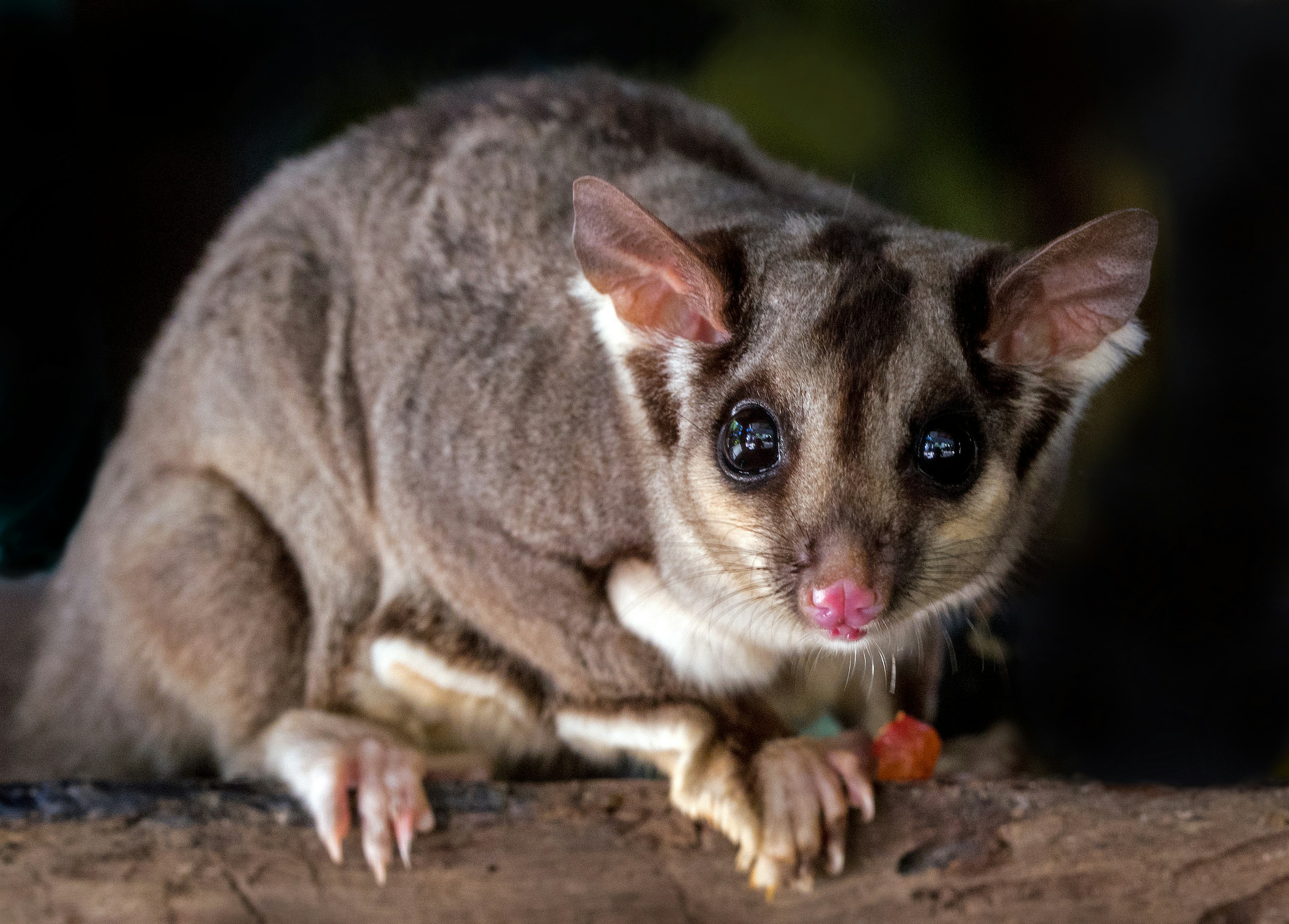Wildlife
Have you found an injured, sick or roaming native animal? Council Officers are only authorised to deal with domestic animals and livestock matters, however there are organisations that are equipped to assist with wildlife emergencies.
Key contacts
DEECA (Dep. Energy, Environment and Climate Action)
DEECA has an online tool that can help you locate and contact the closest relevant wildlife carers and rescue and rehabilitation organisations to help injured animals. To get quick, relevant advice we recommend using this tool in the first instance when you come across injured or sick wildlife.
Access the DEECA injured wildlife online tool
Victoria Police
If you need to report an animal that is causing harm to a person or domestic animal you can contact Victoria Police. Victoria Police can also assist when roaming wildlife and causing disruption to traffic or creating risk to motorists/cyclists/pedestrians.
Call 131 444 to report non-urgent matters
Call 000 in an emergency
Wildlife Victoria
24 hours, 7 days a week on-call support for injured or sick wildlife.
Call Wildlife Victoria on 03 8400 7300 or report an injured animal using their online form.
Vets for Compassion
Vets for Compassion are a not-for-profit organisation made up of skilled volunteers dedicated to helping care for at-risk wildlife. Vets for Compassion are trained to use tranquilisers (only where appropriate) and can humanely euthanise injured wildlife (where appropriate).
Call Vets for Compassion on 0407 084 594.
Feeding wildlife
You can attract wildlife to your garden by planting a range of native plants that provide both habitat and food. Providing water and nesting boxes can also help. However, we discourage you from feeding wildlife.
There is nothing we can feed wildlife that can adequately replace their own natural diet. Providing certain kinds of foods can cause problems for the animals, and the activity itself causes ecological problems.
Consider the following:
- Rats and mice often infest areas where wildlife is being fed, due to leftover food.
- Feeding areas make wildlife an easy target for predators like foxes, dogs and cats.
- Wildlife can become aggressive towards people when they become dependent on food and expect to be fed.
- Creating feeding areas often leads to excessive wildlife numbers in places too small to accommodate them.
- Providing food for wildlife can lead to poisoning or transmission of diseases through contaminated food.
- Feeding wildlife encourages introduced animals to the area and in turn they compete with native wildlife for habitat.
- When wild animals are dependent on being fed they lose their natural foraging skills. Their dependence is passed on through following generations.
- When wildlife do not contribute to the food chain by following their natural diet, it can lead to environmental problems such as a decrease of insect consumption, pest plant invasion, and loss of indigenous plants.
Caring for wildlife in summer
Placing water in your backyard during times of excessive heat can be a lifesaver for wildlife. Ensure you place it out of reach of pets to ensure the wildlife have safe access.
The Victorian Government has more information on caring for wildlife and how to provide alternative habitat and shelter.

Possums
The Victorian Government has helpful information on sharing your property with possums.
Wildlife Act
Possums are protected under the Wildlife Act 1975. It is illegal to handle or interfere with possums except when they are in your roof, or other buildings.
Relocating possums any further than 50 metres from where they live is both illegal and inhumane. The Wildlife Act outlines a range of laws in relation to possums; breaching any of them carries a penalty of up to $7773.
Avoiding possum problems
To avoid possums using your roof space for nesting:
- make sure there are no loose tiles or boards that could be used as entrance points
- cut back overhanging branches above your house.
If you have a possum in your roof
- Wait until late in the evening when they are likely to be outside.
- Block all entrances back into the house.
- The following day, make sure that the possums are not trapped inside the roof.
If you need help relocating a possum, contact the Victorian Government's Customer Service Centre on 136 186 and they can put you through to a local Wildlife Officer for assistance.
Related links